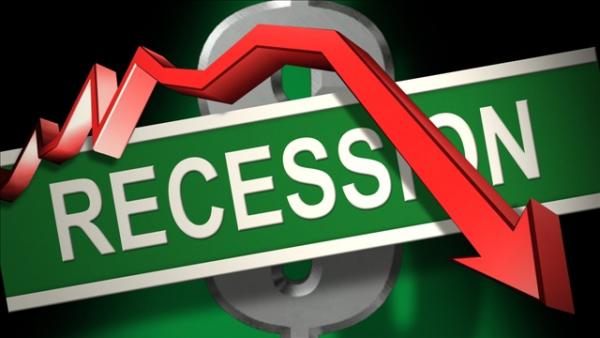Is The Recession Over?
The greatest recession of the last 80 years is over, as the economy rises and unemployment falls. The effects of the recession, however, linger and, even with the economy in recovery, austerity stings as government’s squeeze budgets beyond fairness.
The recovery is happening (of that there is no doubt, according to the economists) but this time it is different, as normal rules don’t apply.
The economic pain, for instance, is still felt by people with jobs, people without jobs and people with low-paid jobs, as they juggle and scramble to afford even a modest life.
There is, however, a new story emerging in relation to the number of small and microbusinesses (those employing nine or less people) that are being created.
Similarly, the number of people working for themselves is increasing, not least as a response to rolling public sector cuts and a dearth of well-paid jobs.
The growth in the number of people starting a business looks set to continue, as self-employment is seen as a way to survive and, in some cases, thrive in the post recession economy.
Government, universities, schools, business organisations and the media all promote entrepreneurship and praise the virtues of small business, as a way to create a resilient and resourceful economy.
Politicians from all parties, from the European Union and from around the world trumpet the benefits of small business and celebrate the daring entrepreneurs who run them; often highlighting them as the ‘backbone’ and ‘lifeblood’ of the economy, of society and of local communities.
Given the importance of such businesses they will continue to attract attention and investment and energy, as they offer hope and a way for people to recapture and rebuild fruitful lives.
Even though the number and influence of small and microbusinesses is growing, relatively little is known about them or understood about the drive and motivation of the people who start and run them.
Some commentators see the trend in a positive light, arguing that it reduces unemployment and helps the economy; others view it more negatively, arguing that it reflects a lack of jobs and harms the economy.
Regardless of who is right, the trend looks set to continue and so we need to know more about what is happening and why.
SO, the recession is over and in its long and troublesome wake comes a new type of economy and a new style of living for those who can grasp it.
What do you think?
Is the recession over?
Why not join the conversation and make a comment?




